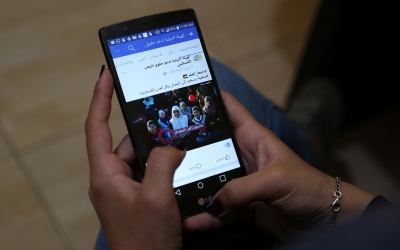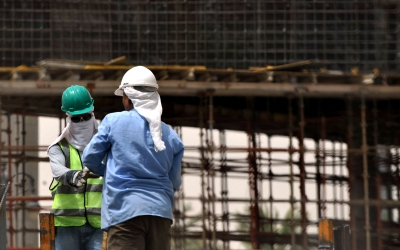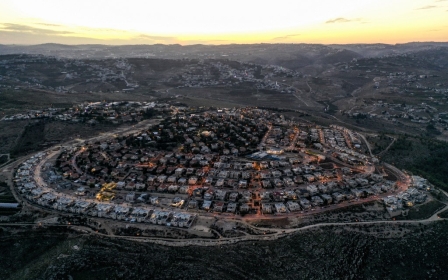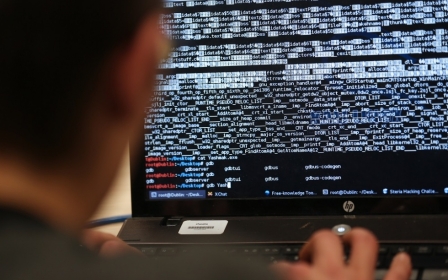Facebook: Tech giant faced ban by Apple for 'facilitating maid trading'
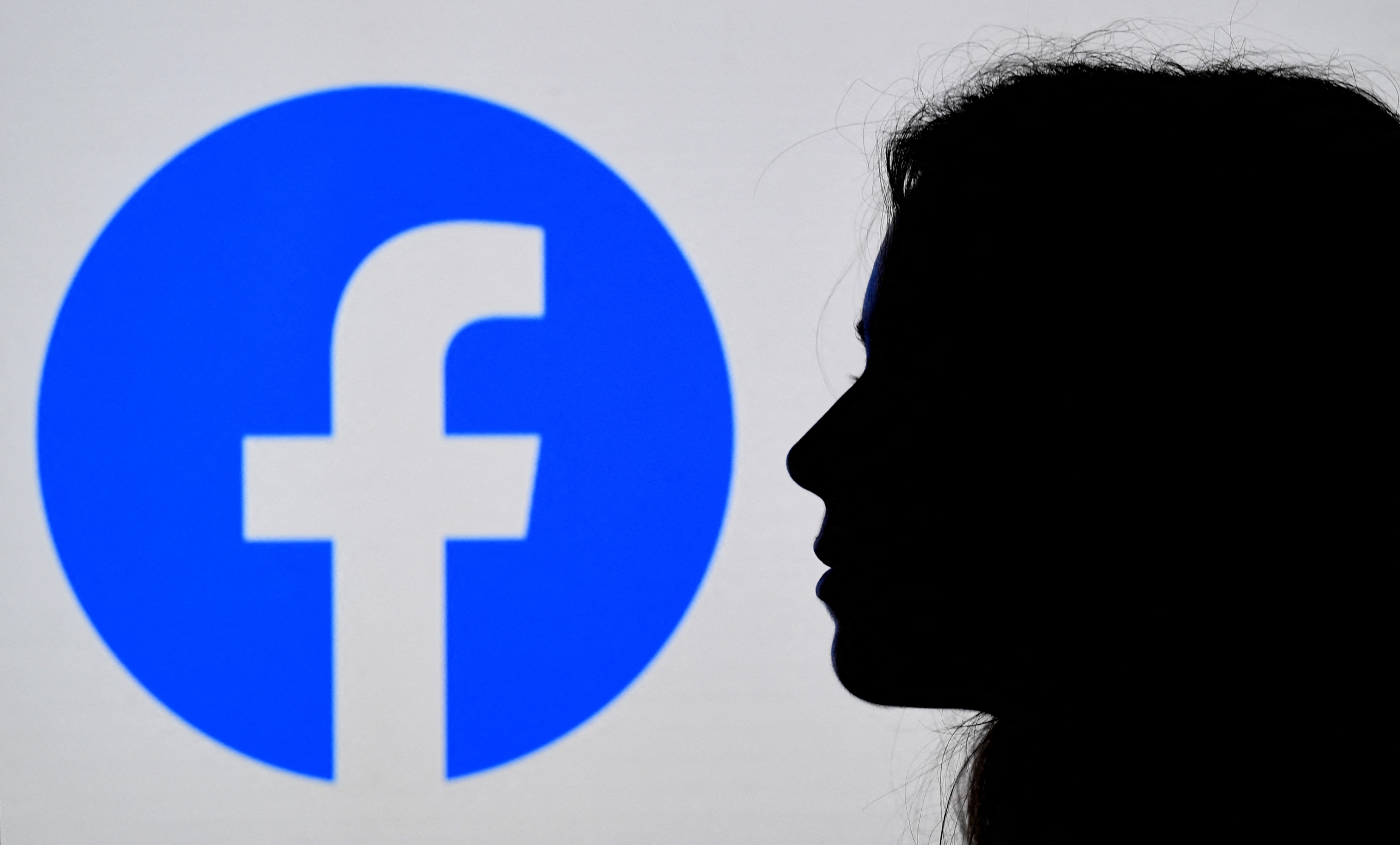
Facebook has been “under-enforcing on confirmed abusive activity” relating to maids being traded and sold in the Middle East on its flagship social media platform, according to internal documents leaked to the Associated Press.
Two years ago, Apple threatened to take Facebook and Instagram off its app stores over the allegations.
At the time, Facebook promised it would focus on addressing the issue. But two years later, internal documents suggest that the tech giant’s crackdown has done little – by its own account – to prevent that from happening.
The Middle East is a central market for African and Asian women looking to work abroad, despite the region’s poor records for protecting foreign workers’ labour rights.
“These workers are being recruited and going to places to work like the Gulf, the Middle East, where there is practically no proper regulation of how they’re recruited and how they’re treated when they end up in the places where they work,” Mustafa Qadri, executive director of Equidem Research, told the AP.
“So when you put those two things together, really, it’s a recipe for disaster."
An old problem
The documents show that Facebook’s internal investigation found that “domestic workers frequently complained to their recruitment agencies of being locked in their homes, starved, forced to extend their contracts indefinitely, unpaid, and repeatedly sold to other employers without their consent”.
The agencies that facilitated the process have told workers “to be more agreeable” with their employers’ demands.
Facebook’s own investigation found that workers raised concerns to the agencies about physical and sexual assault. But instead of helping the domestic workers, agencies often dismissed their complaints.
“We prohibit human exploitation in no uncertain terms,” Facebook said in a statement to the AP.
“We’ve been combating human trafficking on our platform for many years and our goal remains to prevent anyone who seeks to exploit others from having a home on our platform.”
The recent revelations come amid a series of articles based on a trove of documents leaked to American media by Frances Haugen, a former Facebook employee who recently blew the whistle on the company’s lack of regulation of illicit content on its platforms.
Haugen testified in front of the US Congress saying that Facebook is putting profits over safety.
The company’s own research indicated that the kafala system - present in many countries in the region - bounds foreign workers’ residency rights to their employers, who often confiscate their passports and control their movements in exchange for cheap labour.
Gulf countries like Qatar and the UAE have been under increased pressure from human rights campaigners following reports of serious workers' rights violations under the kafala system.
‘Human exploitation’
In 2019, following a report by the BBC’s Arabic service about maids being sold and traded on Instagram, Apple threatened to pull the company’s apps from its digital app store.
The BBC investigation showed how Instagram was fostering a “slave market” through posts that mentioned maids’ ages and personal details.
Facebook was aware of issues regarding modern slavery facilitated by its platforms starting in 2018, documents obtained by the AP suggest.
The papers described the problem as a “form of trafficking of people for the purpose of working inside private homes through the use of force, fraud, coercion or deception”.
Facebook even created a term to describe the phenomenon in their internal communications: HEx, meaning "human exploitation".
At the time, Apple dropped its threats after Facebook reconfirmed its willingness and commitment to stop the abusive practice from happening on their platforms.
“Removing our applications from Apple platforms would have had potentially severe consequences to the business, including depriving millions of users of access,” the documents said.
But a search of keywords done by the AP suggests that such posts are still prevalent on Facebook’s platforms, where accounts posting photos of women from South Asia and Africa still pop up.
The Facebook documents mention messages its engineers accessed from accounts “selling” domestic workers.
A Filipina housemaid working in Kuwait told the AP she was “sold” to another family through an Instagram message in 2012. She said she knew instances in which other Filipinas were “traded online like merchandise”.
'If Facebook and Instagram won’t take stronger steps against this anomaly, there will be more victims like me'
- Filipina maid in Kuwait
“If Facebook and Instagram won’t take stronger steps against this anomaly, there will be more victims like me,” she told the AP under anonymity. “I was lucky because I did not end up dead or a sexual slave.”
The Philippines banned workers from going to Kuwait after a Filipina worker's body was found in a refrigerator in 2018.
Over 60 percent of posts came from Saudi Arabia and a quarter from Egypt, according to Facebook's 2019 research cited by the AP.
Saudi Arabia's Ministry of Human Resources and Social Development told the AP in a statement that it “stands firmly against all types of illegal practices in the labour market”, adding that the Saudi authorities approve all contracts.
According to the ministry, Facebook never reached out to them about the issue, despite Saudi Arabia's central role in the foreign labour market.
Huge industry
In the Philippines, foreign workers are worth billions of dollars to the economy, and the money they send home represents almost 10 percent of the country's gross domestic product, according to the AP.
The Philippines’ government has a dedicated body that monitors Facebook posting relating to sourcing labour from the country, where many poverty-stricken women seek work in the Middle East to diminish the pandemic’s effect on their livelihoods.
“Words are not enough to describe their predicament but the situation is devastating for them,” Bernard Olalia, head of the Philippine Overseas Employment Administration, told the AP.
“They expected to recover again, they invested just to ensure they’ll have a destination only to end up as victims of illegal recruitment,” he added. “That’s devastating on their part.”
In some cases, vulnerable workers have mistaken illicit employment agencies for legitimate organisations because they used the Philippine Overseas Employment Administration logo to give the impression that they were government vetted.
Facebook said it would launch a pilot programme in 2021 to provide information about working abroad next to job postings abroad, said the AP.
It is unclear whether the programme has commenced.
In the meantime, posts continue to pop on the platform despite Olalia’s office having direct contact with Facebook that allows them to flag up suspicious accounts.
“It will affect their income so they don’t want to address this,” Olalia said to AP, echoing Frances Haugen’s warning earlier this month.
Middle East Eye propose une couverture et une analyse indépendantes et incomparables du Moyen-Orient, de l’Afrique du Nord et d’autres régions du monde. Pour en savoir plus sur la reprise de ce contenu et les frais qui s’appliquent, veuillez remplir ce formulaire [en anglais]. Pour en savoir plus sur MEE, cliquez ici [en anglais].



